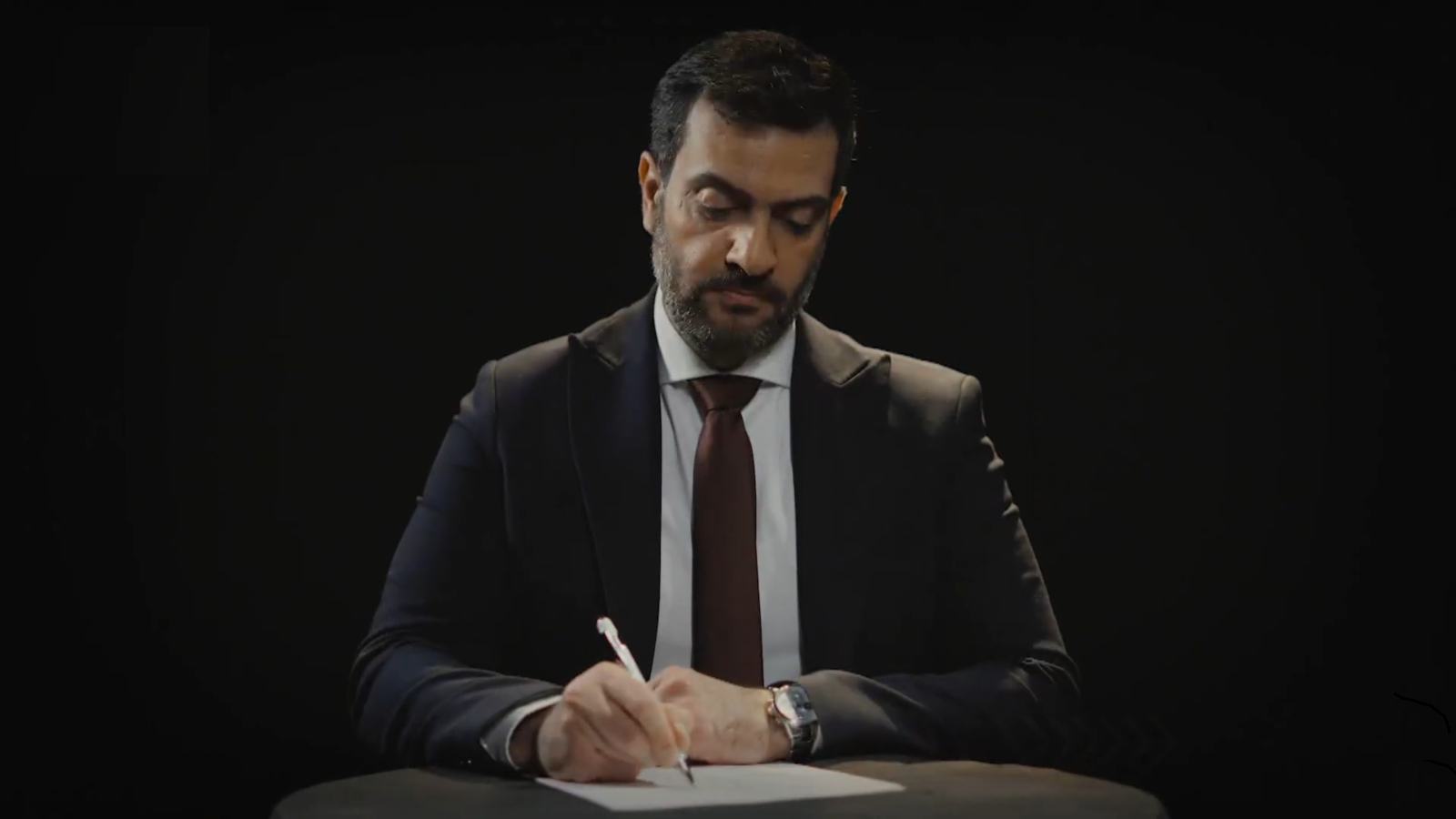Pilot, co-pilot die as UAE helicopter goes down in Yemen
The pilot and copilot of a United Arab Emirates military helicopter have been killed after their aircraft crashed in Yemen.
According to a statement released by the UAE’s armed forces’ general command, the chopper went down on Monday while taking part in the Saudi-led military operations against the crisis-hit country. The statement did not specify the type of helicopter or the circumstances and location of the incident.
But, according to witnesses quoted by AFP, the crash took place in the southern port city of Aden.
On Sunday, another UAE chopper went down in international waters, killing all its passengers in an incident which the general command referred to as "a routine sortie over international waters," without giving further information.
Meanwhile, Saudi forces used cluster bombs during an attack on the northwestern Yemeni province of Sa'ada, killing one civilian and injuring another.
According to the human rights group Amnesty International, Riyadh has killed and wounded at least 16 civilians, including nine children, between July 2015 and April 2016 with banned cluster bombs.

Last week, Amnesty dismissed as “utterly shameful” the United Kingdom’s claims that no British-made cluster bombs have been used by Saudis against civilians in Yemen.
“It is utterly shameful that the British government has sought to evade responsibility, denying the use of UK-supplied cluster munitions in Yemen by the Saudi Arabia–led coalition despite comprehensive and compelling evidence gathered by Amnesty International on the ground,” said Amnesty's senior crisis response adviser Lama Fakih.
Evidence provided by Amnesty in late May showed that Saudi Arabia had used British “BL-755” cluster bombs in an attack on the remote village of al-Khadhra in Yemen’s Hajjah province.
Saudi Arabia launched its military aggression against Yemen on March 26, 2015, in a bid to reinstate former President Abd Rabbuh Mansur Hadi, a staunch ally of Riyadh.
More than 9,400 people have been killed and at least 16,000 others injured in the Saudi aggression.
Over 150 Iranian MPs condemn US 'maritime piracy' in Caribbean
Why Iran’s reverse engineering prowess is giving jitters to American war hawks
Iran condoles with Libya over death of army chief in plane crash
Palestine Action: 'Free the Hunger Strikers'
Ex-UK officers urge PM Starmer to impose full arms embargo on Israel
Pro-Palestine prisoners pause hunger strike, but vow to resume fight
Hamas says will not disarm, demands stronger ceasefire guarantees
Iran rejects coercion, calls on West to ‘reverse course’ for trust-building










 This makes it easy to access the Press TV website
This makes it easy to access the Press TV website